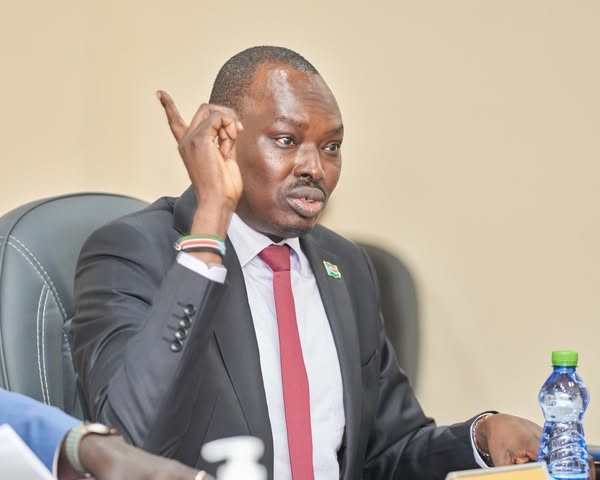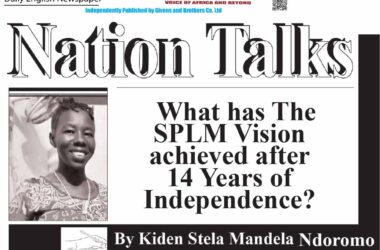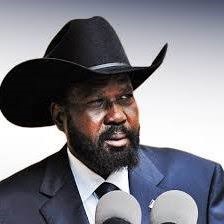By Yiep Joseph
Minister of Finance and Planning, Dr. Marial Dongrin Ater, has proposed a budget of SSP 5.2 trillion for the 2025-2026 fiscal year.
On Wednesday, Dr. Dongrin presented the budget to the Economic Cluster for deliberation. The budget focuses on strengthening agriculture and mining to generate more income, especially as oil production faces challenges due to conflict.
The Economic Cluster meeting, chaired by Vice President Dr. Benjamin Bol Mel, brought together key ministries, including those for mining, investment, and agriculture.
“Vice President Dr. Benjamin Bol Mel chaired a meeting of the Economic Cluster, during which the Ministry of Finance and Planning presented the national resource envelope and budget estimates for the 2025/2026 fiscal year,” a statement noted.
Despite the financial challenges in the country, the 2025-2026 budget aims to focus on economic recovery, macroeconomic stability, and support for the nation’s democratic processes.
The proposed budget outlines clear national priorities: strengthening agriculture and mining, ensuring timely payment of public servants’ salaries, and expanding humanitarian support to help vulnerable communities across the country.
In his address during the budget presentation, Vice President Bol emphasized the need for fiscal discipline, transparency, and a people-centered approach to budgeting and public spending.
He urged all institutions to align with these values, ensuring that all spending is lawful and serves the best interests of the people.
This budget is now awaiting discussion by the executive and the National Parliament.
According to the constitution, the country’s financial year ends in July, but the date for the National Assembly’s resumption is still unclear.
Earlier this year, the Centre for Peace and Advocacy (CPA) and the Pan-African Peacemakers Alliance (PAPA) called on the Transitional National Legislative Assembly (TNLA) to speed up the drafting and approval of the national budget for 2025-2026.
They stressed the importance of aligning with regional standards to prevent delays, which reflect poorly on the Ministry of Finance and the TNLA.
CPA and PAPA believe that timely budget planning will enhance regional integration, foster economic stability, and improve service delivery. “South Sudan must not operate in fiscal isolation. As a member of the East African Community (EAC), it is essential for us to align with regional standards to promote unity, trade cooperation, and institutional synergy,” said Ter Manyang Gatwech, Executive Director of CPA.
Yoal Gatkuoth, Executive Director of PAPA, added that South Sudan should follow EAC principles to avoid issues with the fiscal year budget. The activists raised their concerns following the delayed plans to reopen the Transitional National Legislative Assembly.
In November 2024, the South Sudan Parliament approved the National Budget for 2024/2025, which amounted to 4.2 trillion South Sudanese pounds that included new taxes that led to sudden increases in fees and prices in the market.
It is still uncertain whether the 2025/2026 budget will also introduce new taxes.




